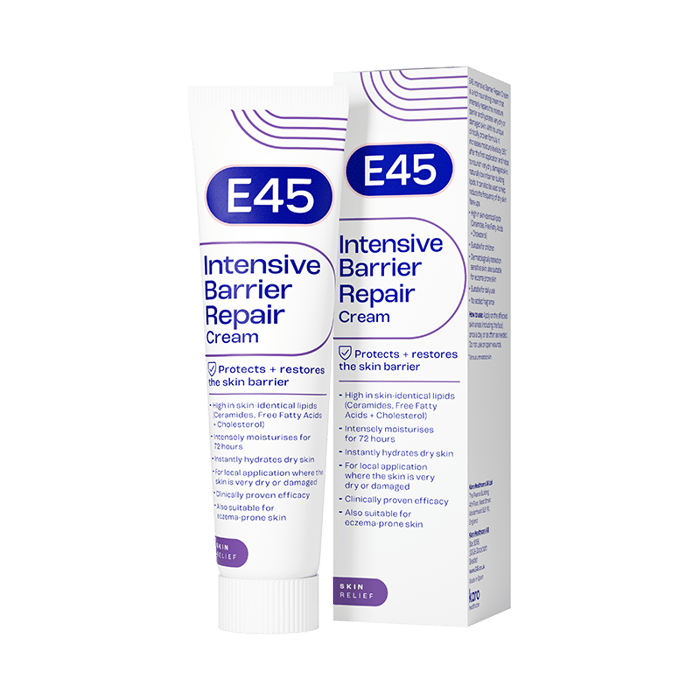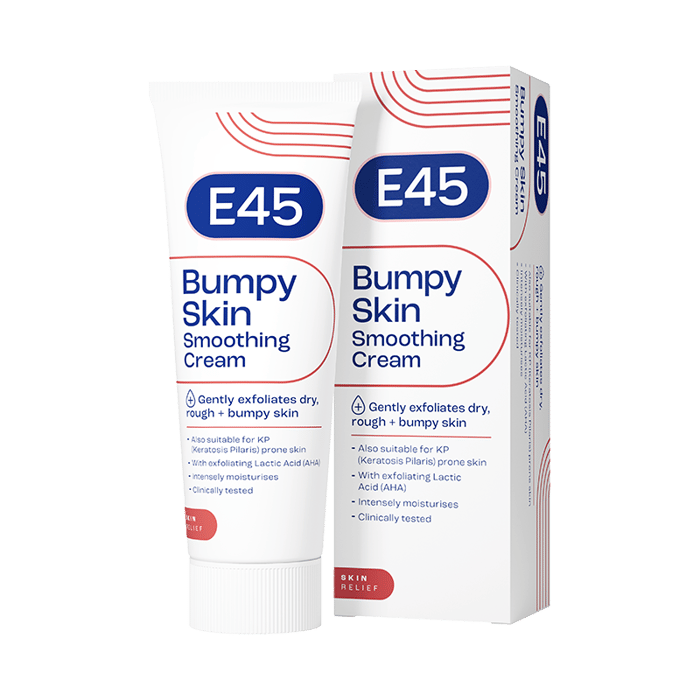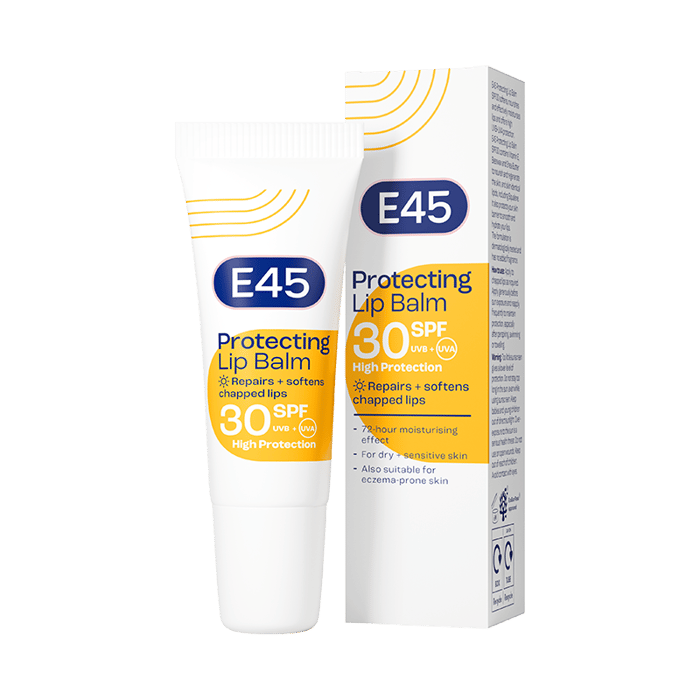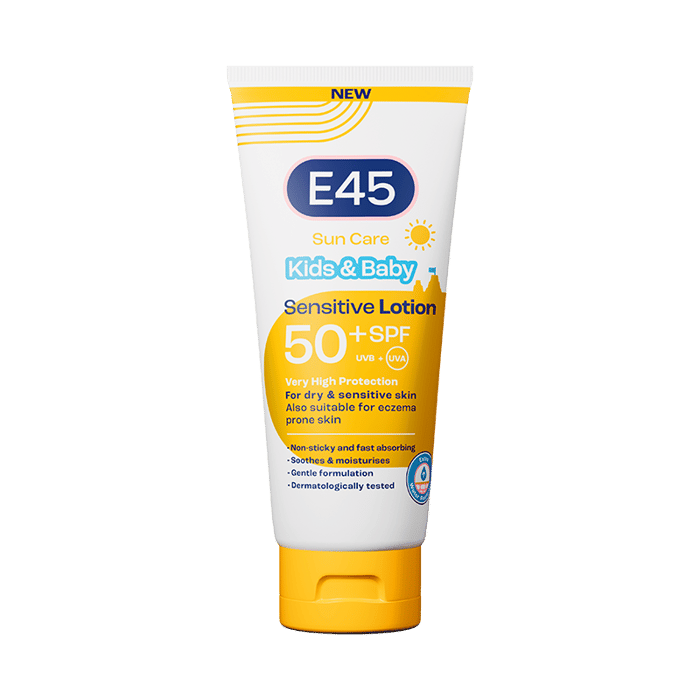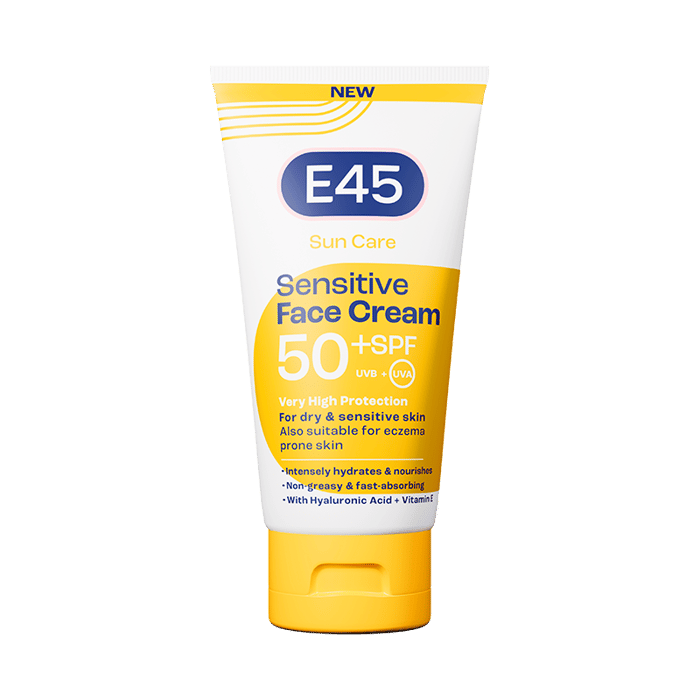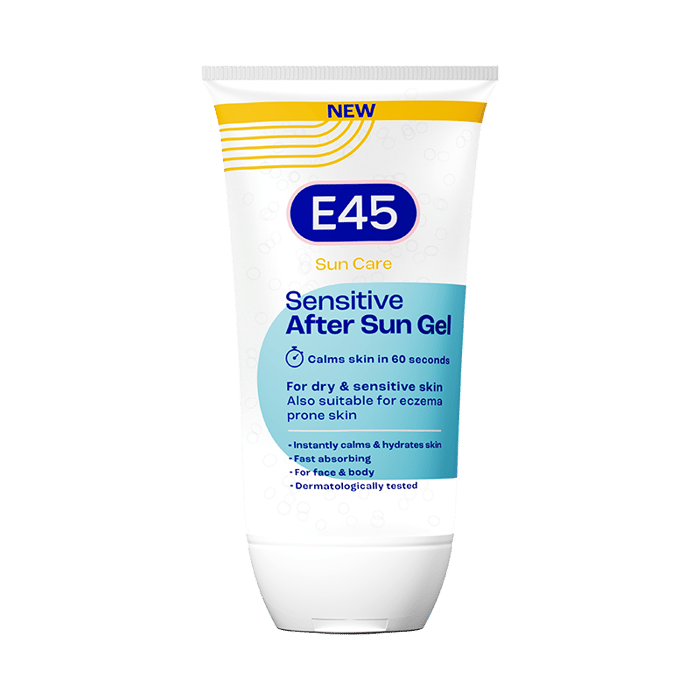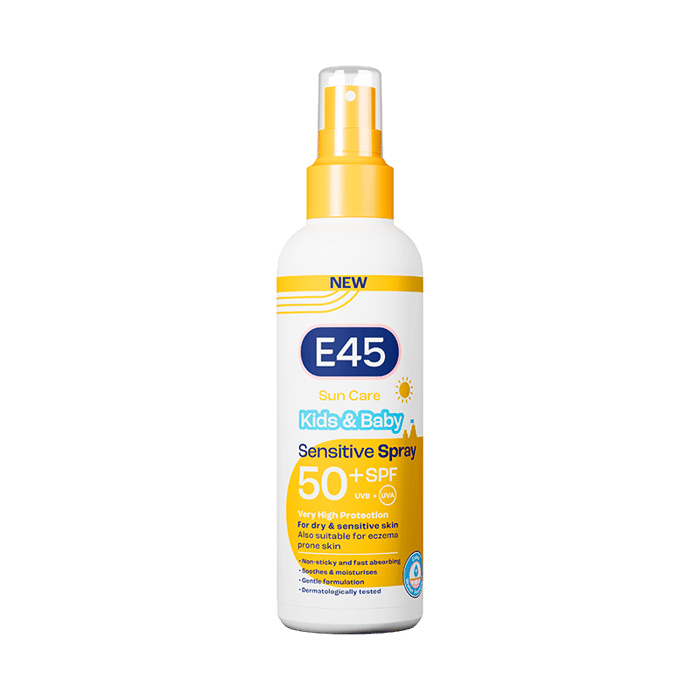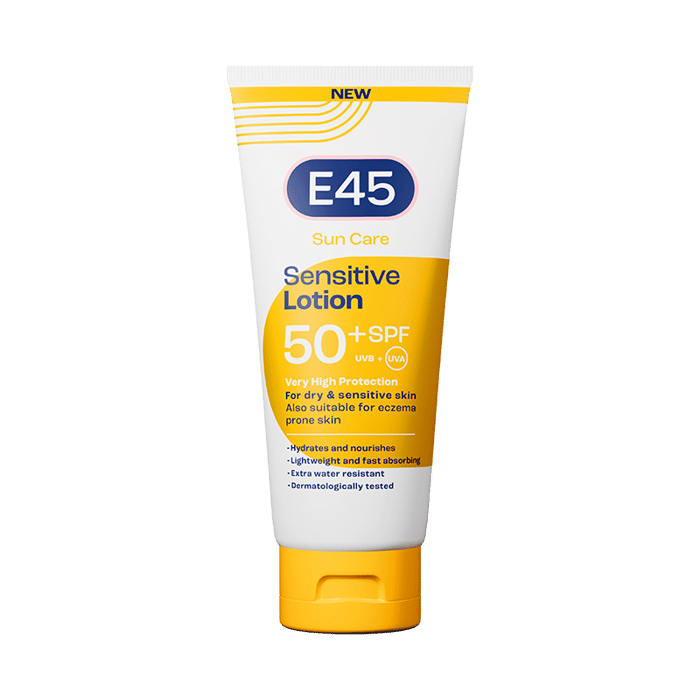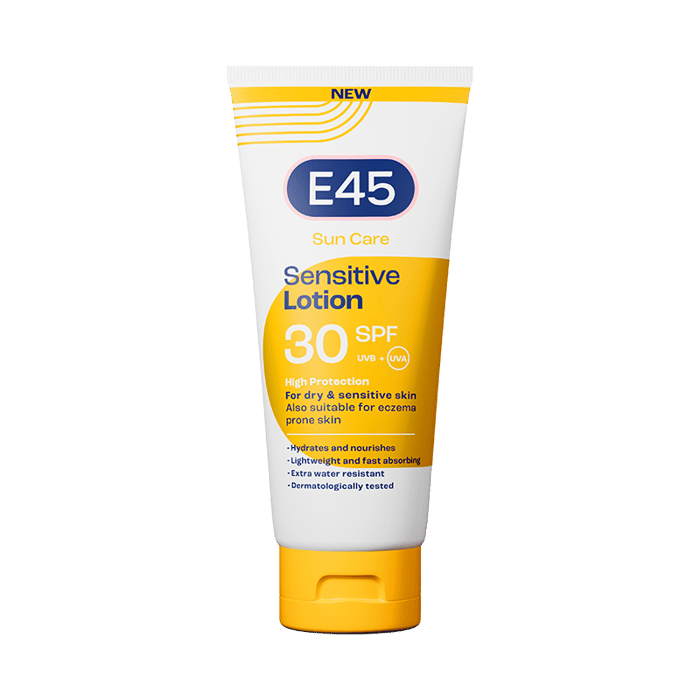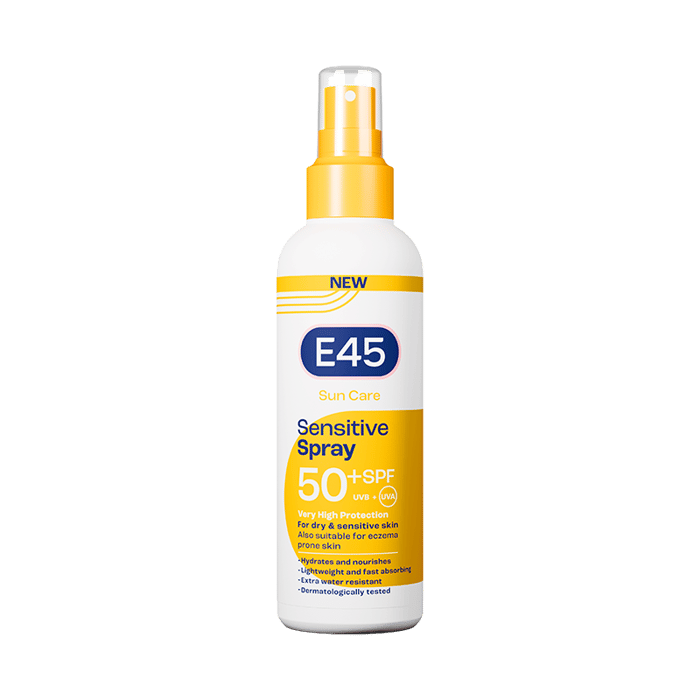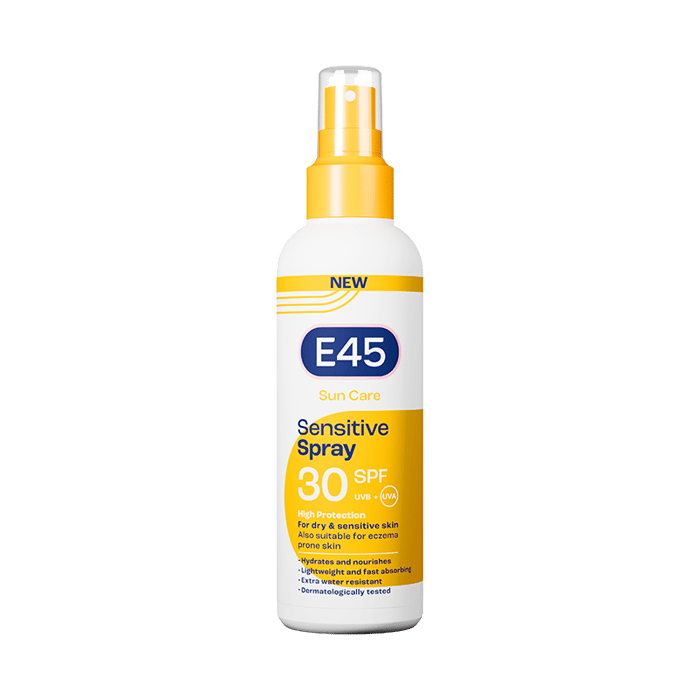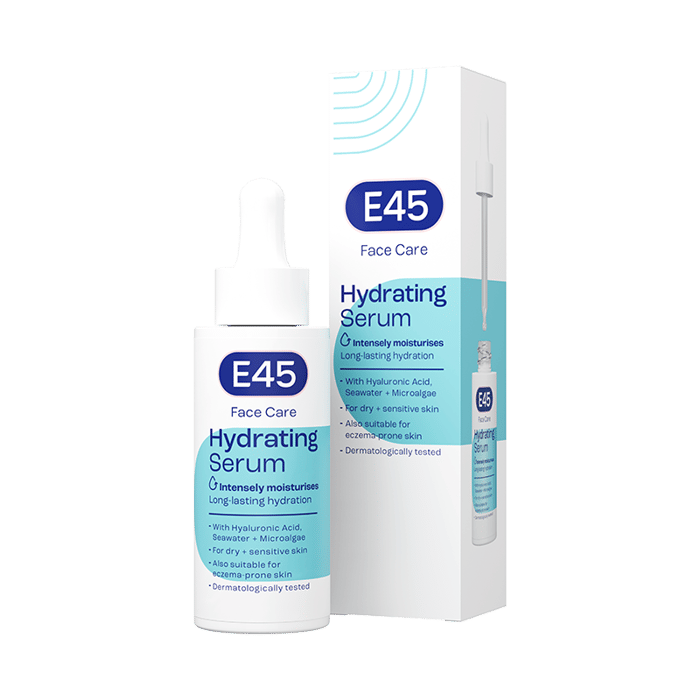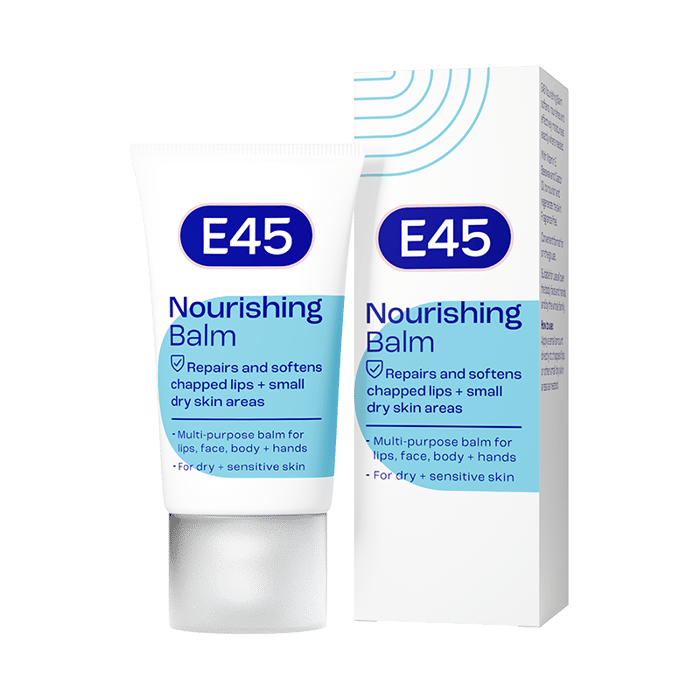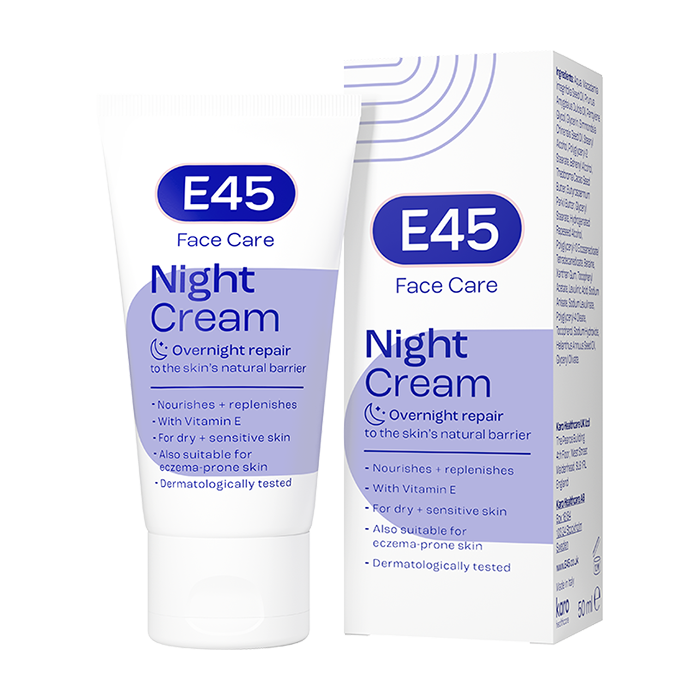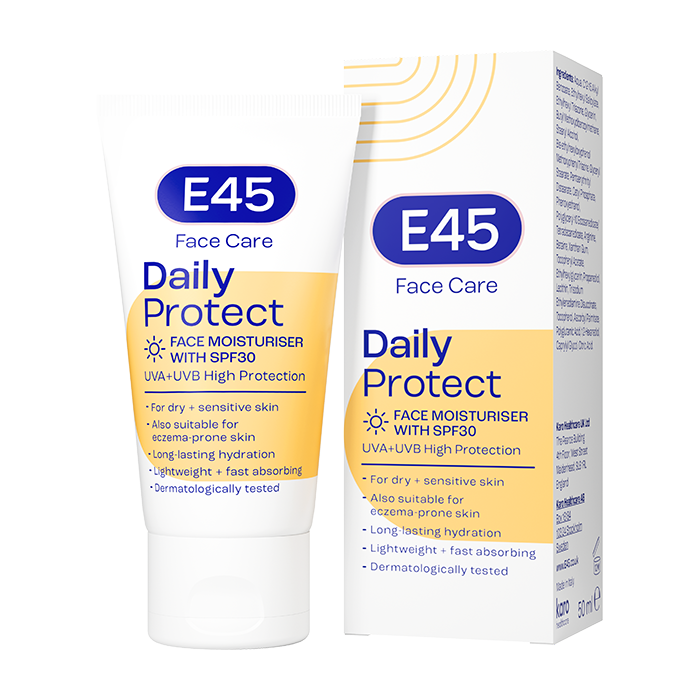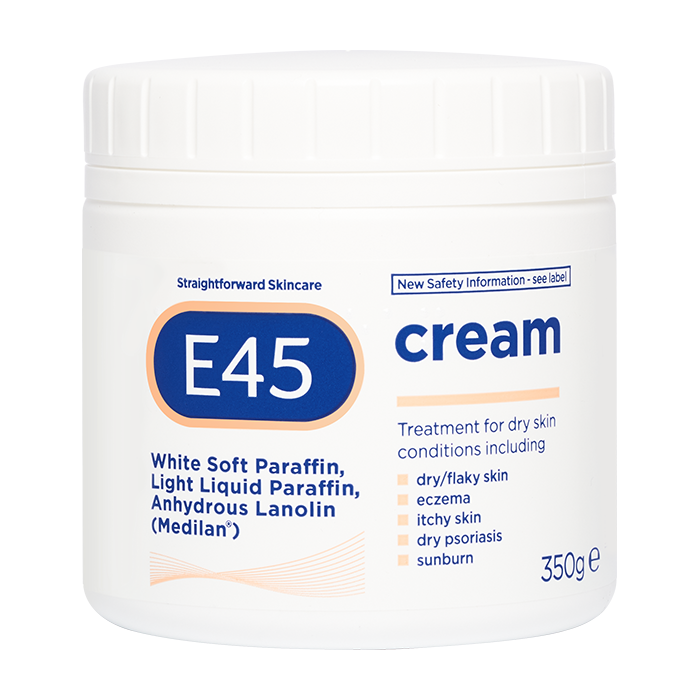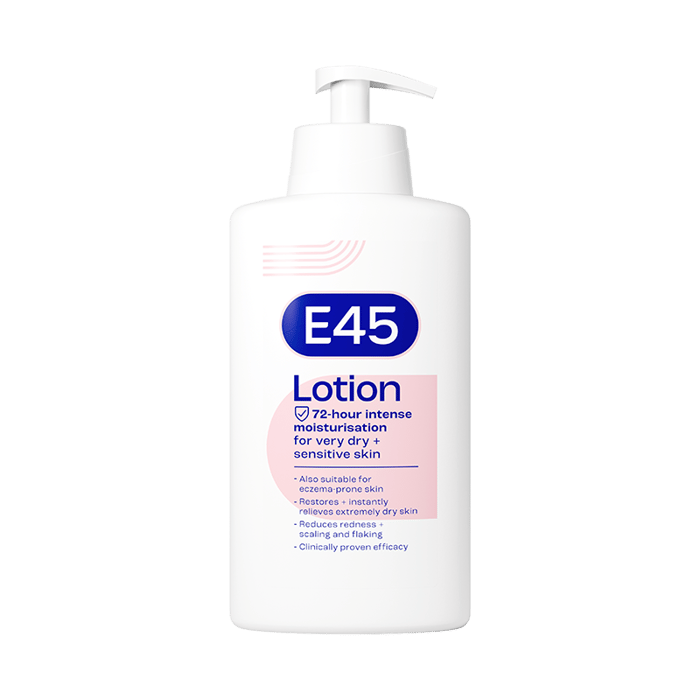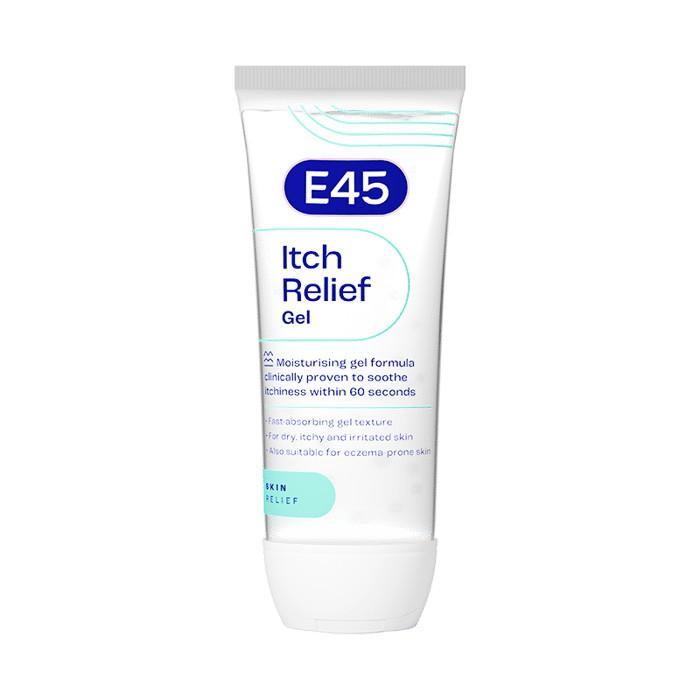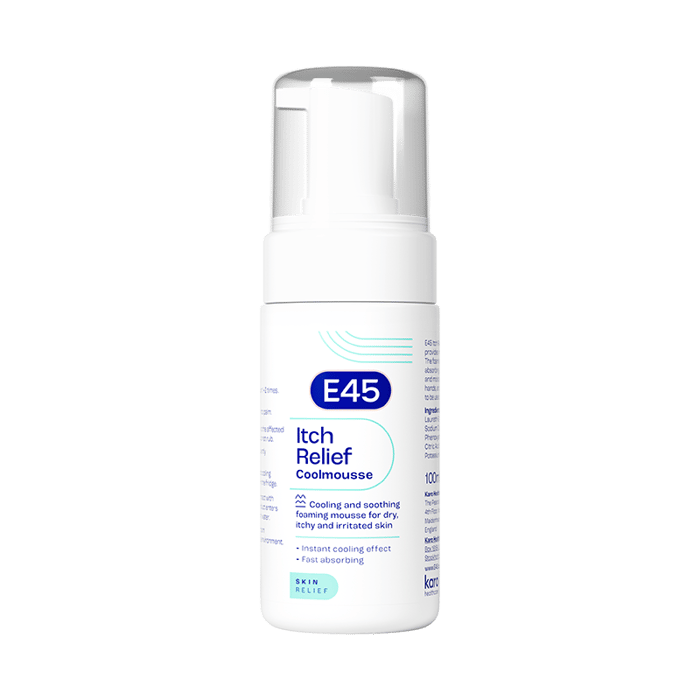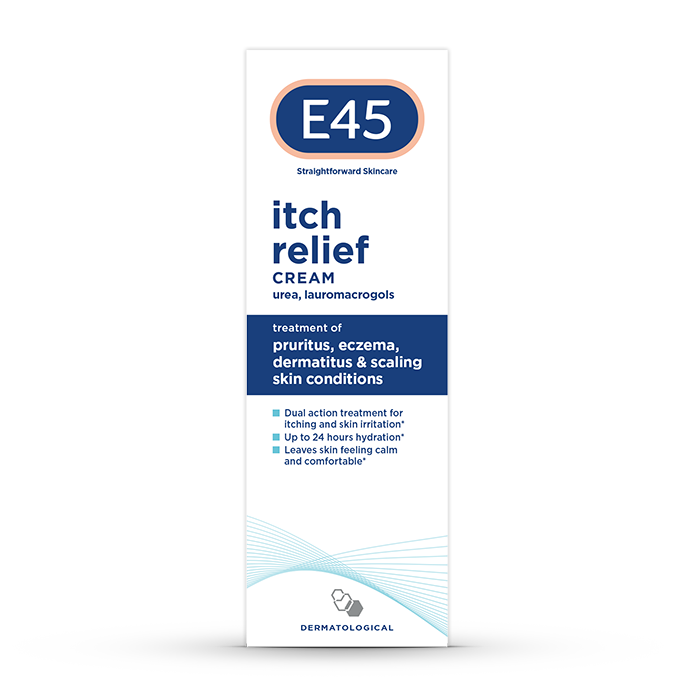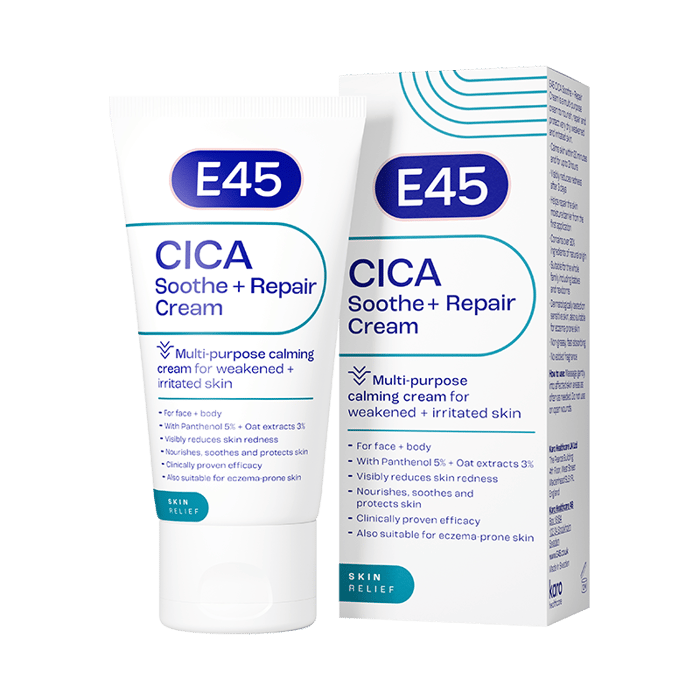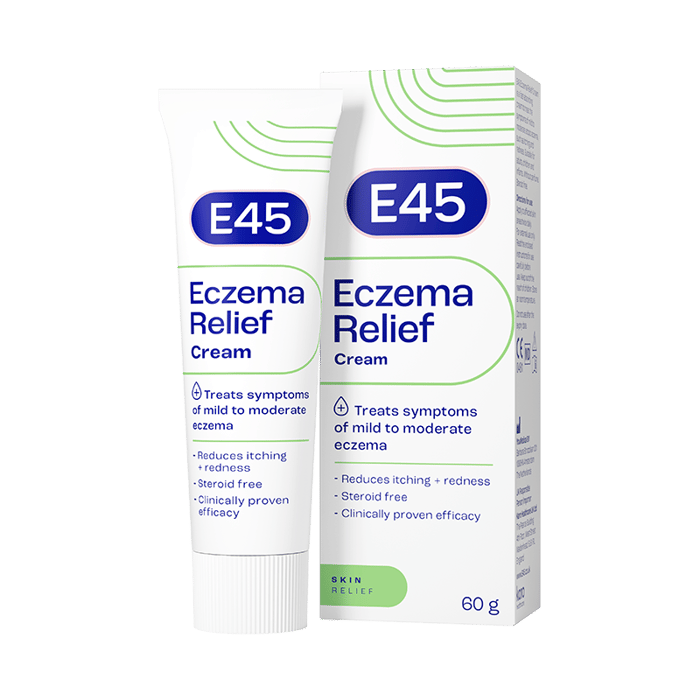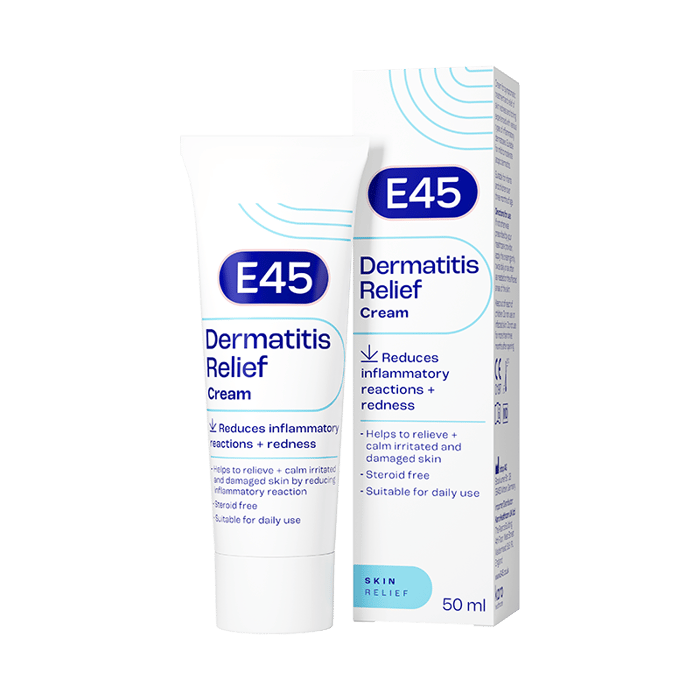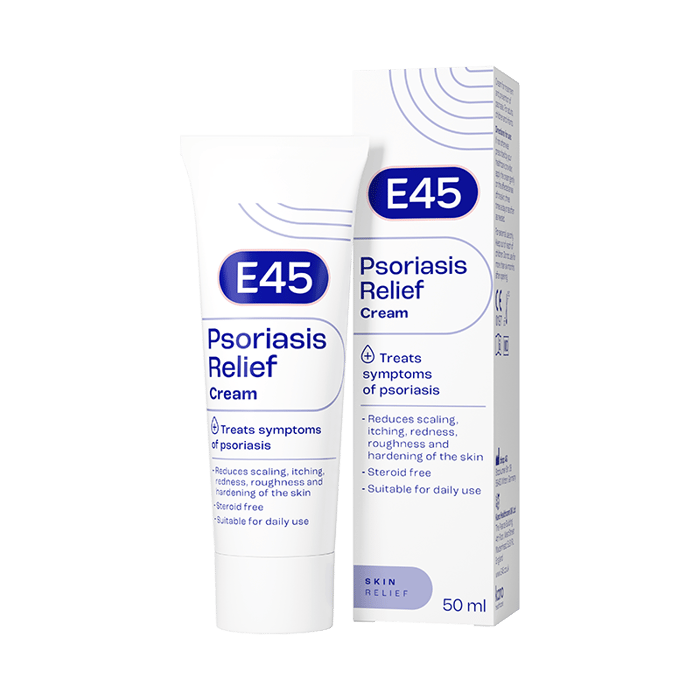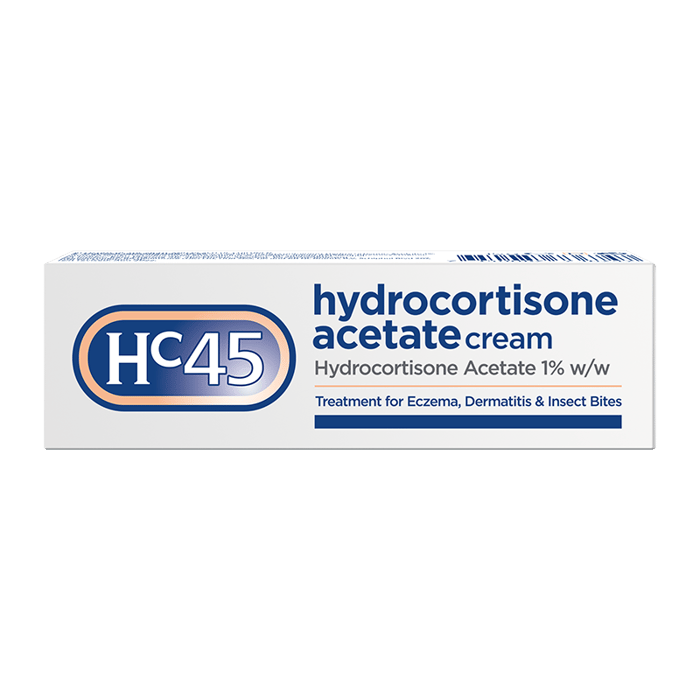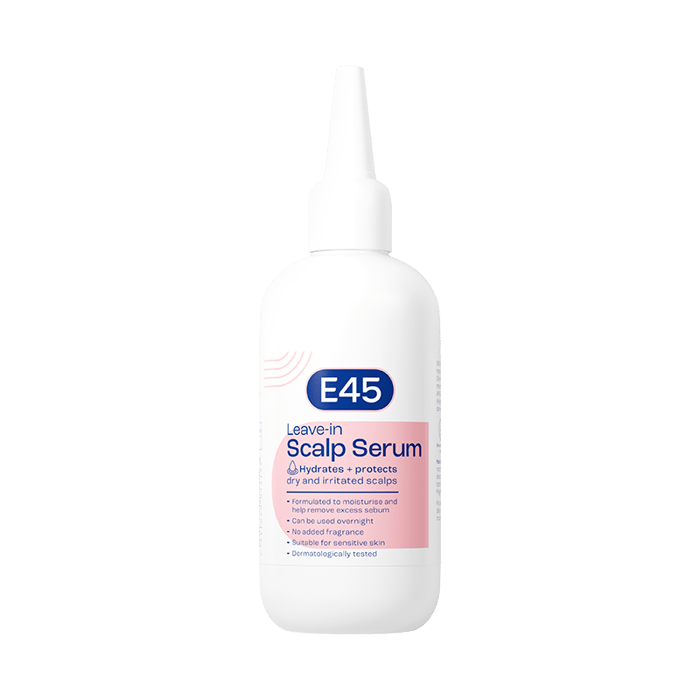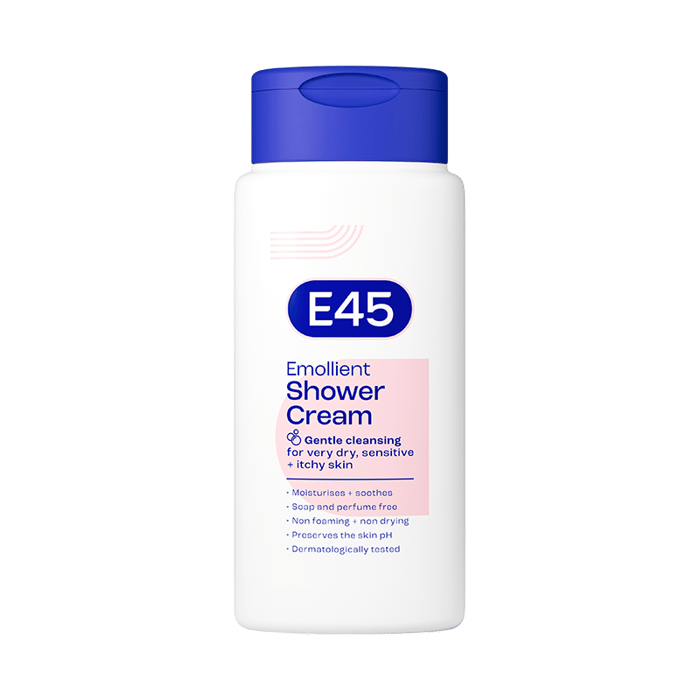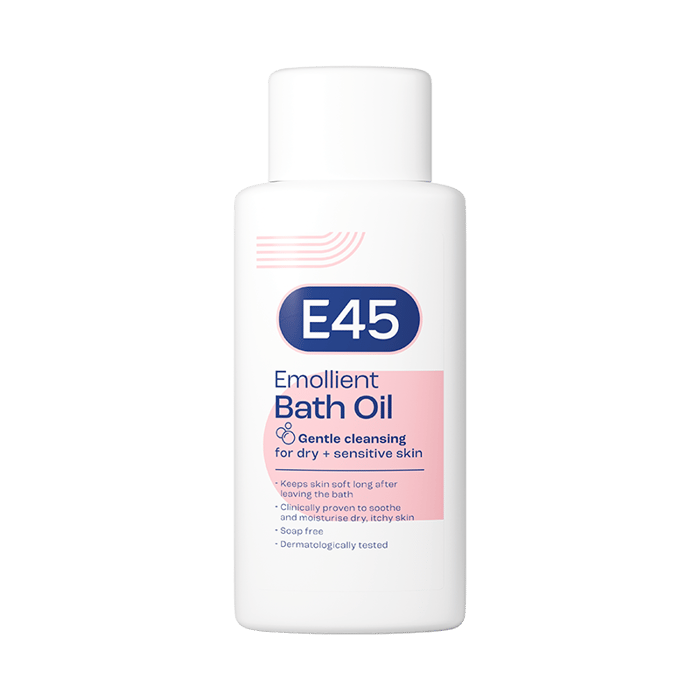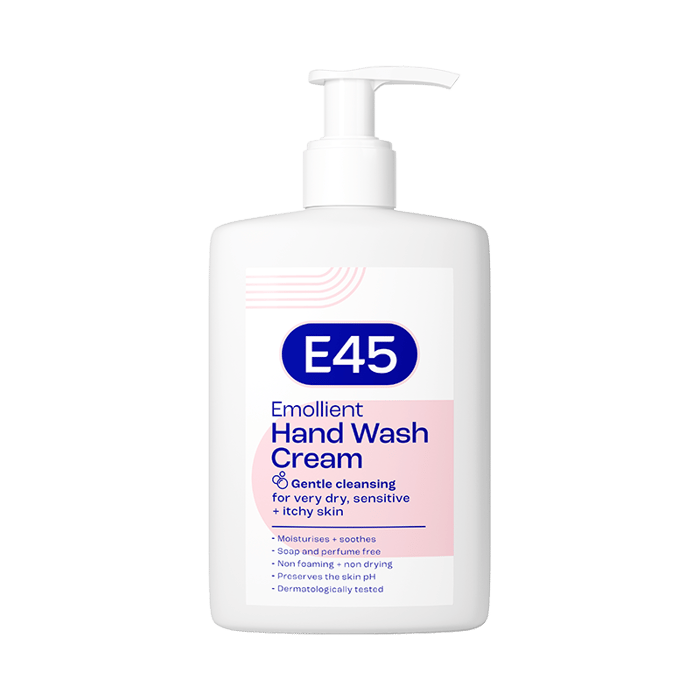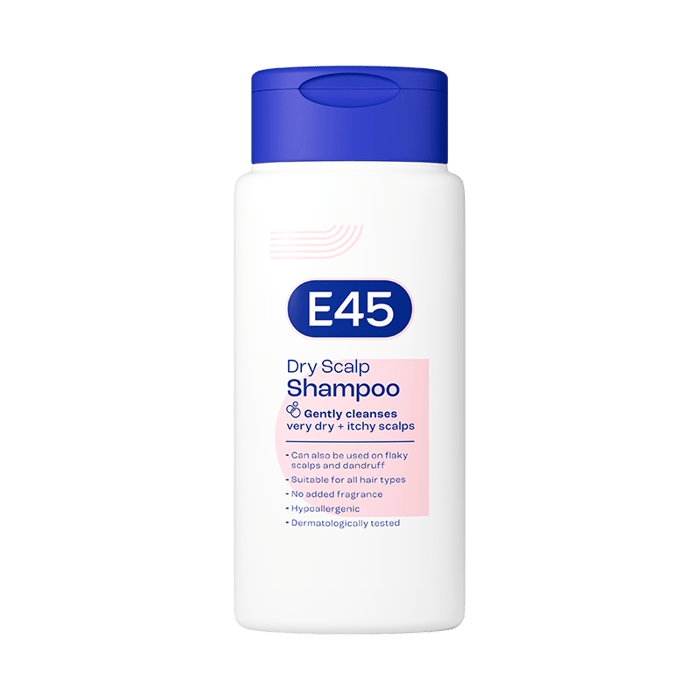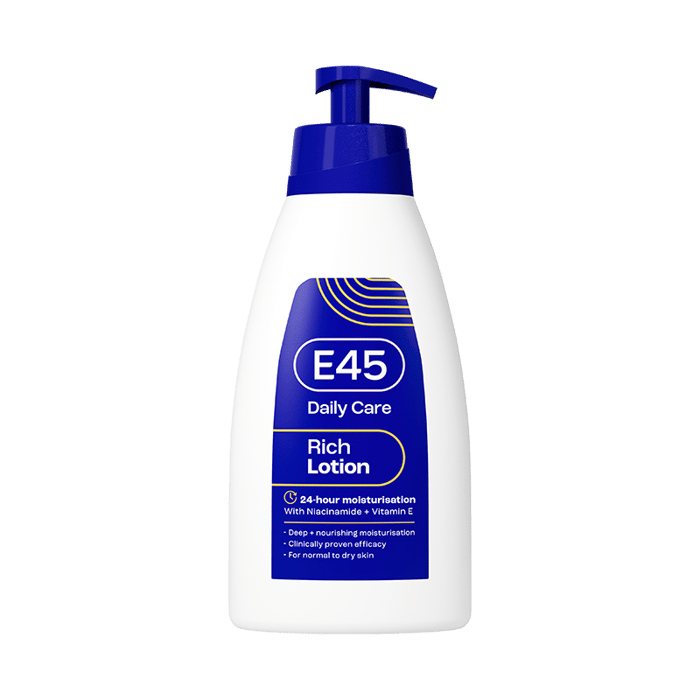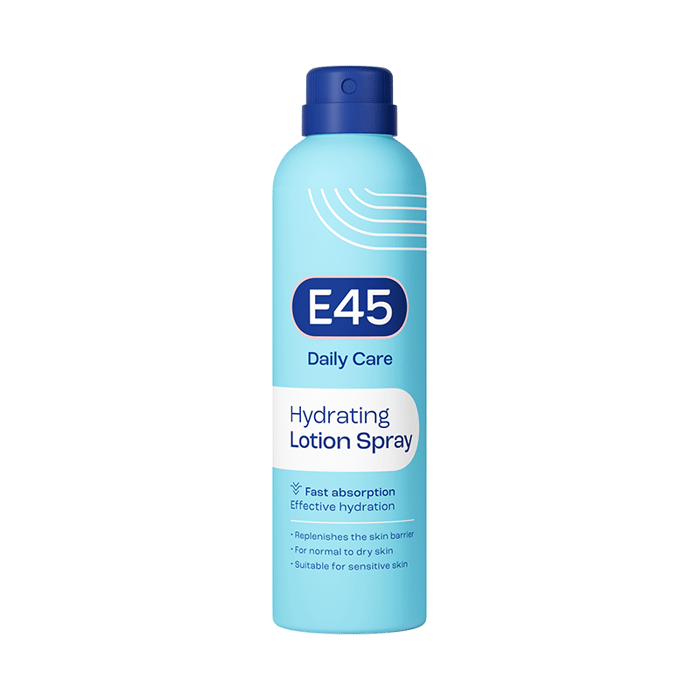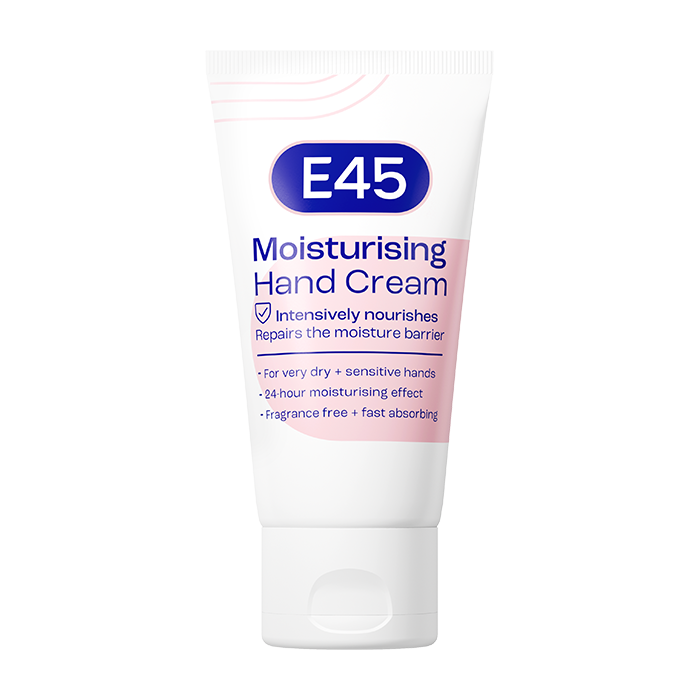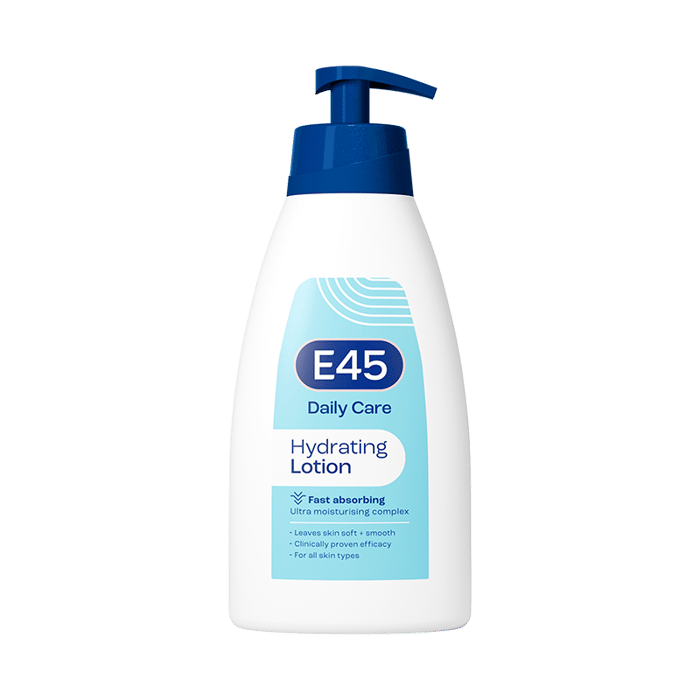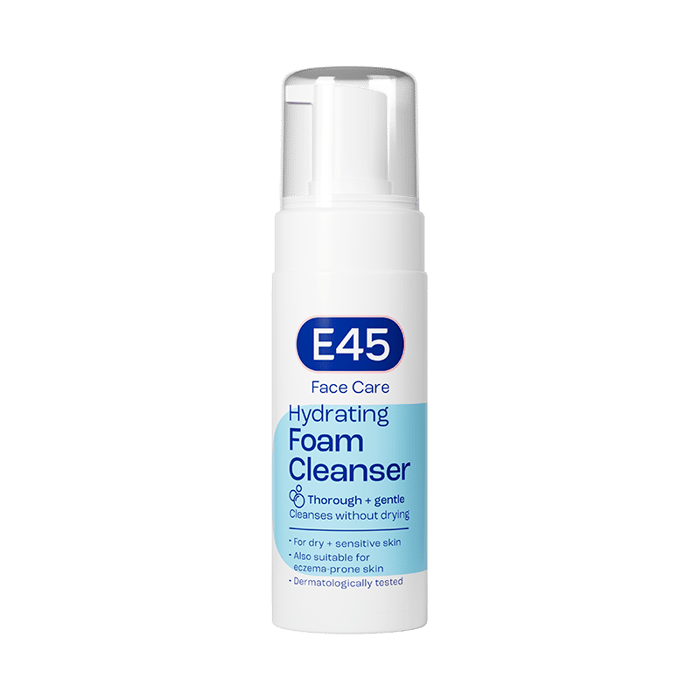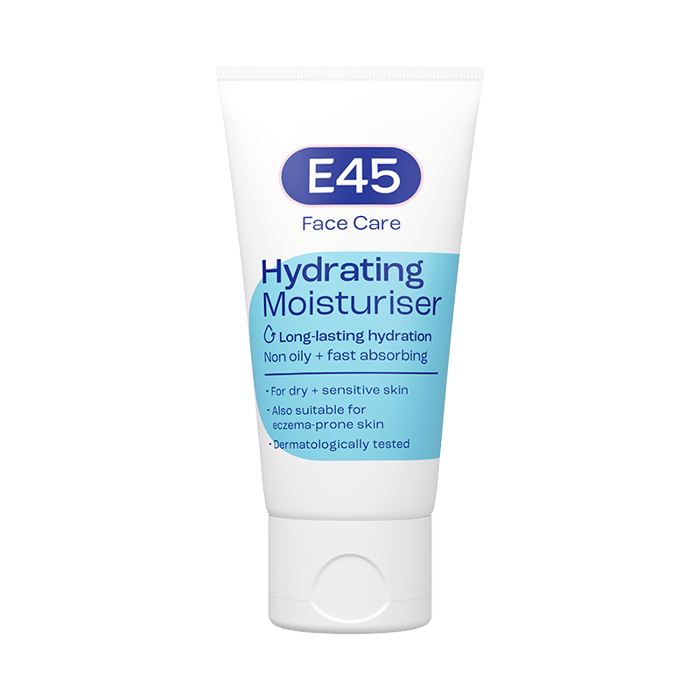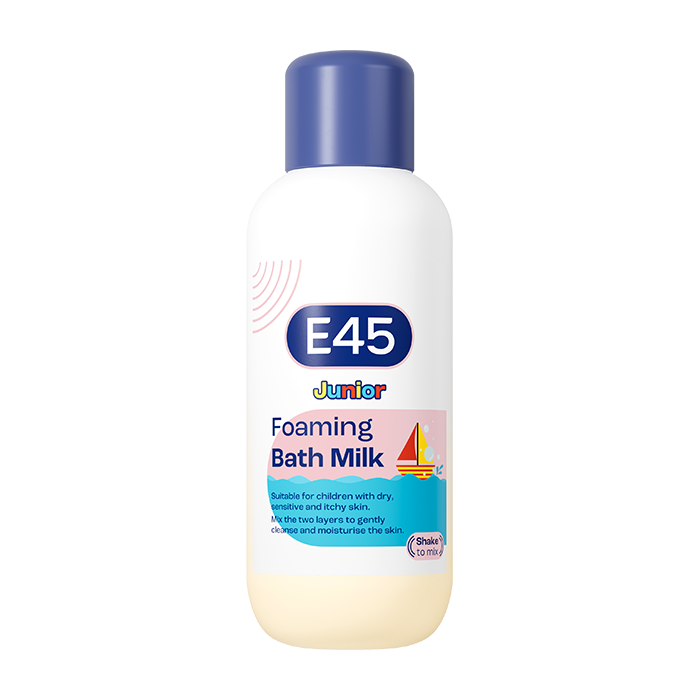What is skin inflammation?
Skin inflammation happens when your body responds to an irritant, infection, or underlying health condition. This response is part of your immune system’s defence, but can sometimes lead to discomfort and irritation in the skin.
Common signs of skin inflammation
Some signs of skin inflammation include:
- Redness and swelling
- Warmth or tenderness in the affected area
- Itchiness or dryness
How skin inflammation can affect you
Inflamed skin can range from mild discomfort to more persistent issues. For some, it may occur on the face, making it harder to manage and potentially affecting confidence. In more severe cases, skin tags can become inflamed and infected, requiring medical attention.
What causes skin inflammation?
Everyday triggers of skin inflammation
Skin inflammation can arise due to a range of common triggers:
- Allergens: Allergic reactions can lead to inflammation, with triggers including pollen, dust mites, certain food and some skincare products. These allergens prompt an immune response, causing redness, swelling and discomfort.
- Irritants: Everyday products like detergents, perfumes and soaps often contain harsh chemicals that can irritate the skin. Prolonged exposure to these irritants can weaken the skin’s natural barrier, leading to inflammation.
- Infections: Both bacterial and fungal infections can cause the skin to become inflamed. For example, conditions like cellulitis or ringworm are infections that directly affect the skin’s surface and surrounding tissues.
- Environmental factors: Extreme weather, such as cold, dry air or excessive heat and humidity, can lead to skin irritation and inflammation by stripping the skin of its natural oils.
Internal factors leading to skin inflammation
- Underlying health conditions: Chronic inflammatory conditions such as eczema, psoriasis, or rosacea often cause recurring flare-ups of inflammation.
- Immune system responses: Autoimmune conditions can lead to inflammation as the immune system mistakenly attacks healthy skin cells (source).
- Hormonal changes: Hormonal fluctuations, such as those during puberty, pregnancy or menopause, can influence the skin’s sensitivity and lead to inflammation (source).
- Stress: Emotional stress can exacerbate inflammatory responses in the body, including on the skin, triggering or worsening conditions like eczema or acne (source).
Skin conditions that could cause inflamed skin
Common inflammatory skin conditions include:
- Eczema: Known for dry, itchy and irritated skin.
- Psoriasis: Causes thick, scaly patches on the skin.
- Contact dermatitis: A reaction to substances that come into direct contact with the skin.
- Rosacea: Leads to persistent redness, especially on the face (source).
Understanding these triggers and conditions can help you identify what might be causing your skin inflammation and guide you towards the right management approach.
How to reduce, soothe and manage skin inflammation
Simple steps to calm irritated skin
Here are a few practical ways to ease inflamed skin:
- Cool compress: Use something cool to reduce swelling and discomfort in the affected area.
- Hydrate the skin: Keeping the skin moisturised helps maintain its natural barrier and prevent dryness.
- Avoid harsh products: Minimise the use of cleansers or soaps with strong chemicals or fragrances and stick to gentle formulations.
- Soothing baths: Taking baths with calming ingredients can reduce irritation over larger areas (source).
- Wear breathable fabrics: Opt for loose-fitting, natural fibres like cotton to avoid friction and irritation.
- Keep hydrated: Drinking water regularly helps support overall skin health.
- Maintain a balanced diet: Foods rich in omega-3s and antioxidants can promote healthy skin and reduce inflammation from within.
Caring for inflamed skin on the face
The face is particularly sensitive, so consider these tips to manage inflammation:
- Use lightweight, fragrance-free moisturisers to reduce the risk of irritation.
- Avoid overloading the skin with too many products; stick to a simple skincare routine.
- Protect your skin from environmental stressors by using sunscreen daily and avoiding extreme temperatures.
- Pay attention to your diet; avoid spicy foods and alcohol, as these can trigger facial redness in some people.
- Manage stress levels through relaxation techniques, as stress can often show up on the skin.
- Use a humidifier in dry environments to maintain moisture levels in your skin
E45 offers a wide range of products suitable for sensitive skin, browse the E45 skin care range here.
Skin inflammation treatment options
Professional support for persistent issues
When home remedies aren’t enough, a healthcare professional can help by:
- Recommending medicated creams or ointments to manage symptoms.
- Identifying triggers through allergy tests or other diagnostic methods.
- Providing guidance on lifestyle adjustments to minimise flare-ups.
Over-the-counter and natural remedies
For mild cases, you might find relief with:
- Hydrocortisone creams, which can temporarily soothe inflammation.
- Products containing natural calming agents.
- Antihistamines to ease inflammation caused by allergic reactions.
When to seek medical advice
Sometimes, skin inflammation may require professional attention. Look out for:
- Rapidly worsening or severe inflammation.
- Signs of infection, like fever, warmth, or pus.
- Symptoms that persist or worsen despite trying home remedies.
Conclusion: A gentle approach to managing skin inflammation
Managing skin inflammation is about understanding your triggers and taking small, consistent steps to soothe and protect your skin. Whether you’re using home remedies or seeking professional advice, finding what works for you can make all the difference in maintaining healthy, comfortable skin.
FAQ: Skin inflammation
How do you treat inflamed skin?
Inflamed skin can be treated by identifying and avoiding triggers, using gentle moisturisers to protect the skin barrier and applying soothing creams like those containing aloe vera or oatmeal extracts. For more severe cases, a healthcare professional may recommend medicated creams or other treatments.
What is the main cause of skin inflammation?
The main causes of skin inflammation are allergens, irritants, infections and underlying conditions such as eczema or psoriasis. Environmental factors, hormones and stress can also contribute to inflammation.
What is inflamed skin called?
Inflamed skin is commonly referred to as dermatitis. Depending on the cause, it may also be called eczema, psoriasis or rosacea.
What cream is good for inflamed skin?
Gentle, fragrance-free moisturisers are ideal for soothing inflamed skin. E45 creams, specifically formulated to be gentle, can help maintain the skin’s barrier and reduce discomfort.
How to reduce skin inflammation and redness?
To reduce skin inflammation and redness, try soothing remedies like cool compresses, calming moisturisers, or products with anti-inflammatory ingredients such as chamomile or niacinamide. Protect your skin from further irritation by avoiding harsh products and wearing sunscreen.
What does skin inflammation look like?
Skin inflammation often appears as redness, swelling and tenderness in the affected area. It may also include dryness, itchiness or flakiness. In some cases, the skin may feel warm to the touch.
How long does skin inflammation last?
The duration of skin inflammation varies depending on the cause. Mild inflammation may resolve within a few hours or days, while chronic conditions like eczema or psoriasis may require ongoing management.
Sources
www.health.harvard.edu/diseases-and-conditions/inflammatory-skin-conditions-eczema-seborrheic-dermatitis-and-psoriasis
dermnetnz.org/topics/inflammasomes-and-inflammatory-skin-diseases
www.lupus.org/resources/what-is-lupus
my.clevelandclinic.org/health/diseases/21792-hormonal-acne
www.aad.org/news/stress-shows-in-skin-hair-nails
www.nhs.uk/conditions/rosacea/
www.healthline.com/health/oatmeal-bath
www.nhs.uk/mental-health/self-help/guides-tools-and-activities/tips-to-reduce-stress/
www.verywellhealth.com/health-benefits-of-calendula-4582641

